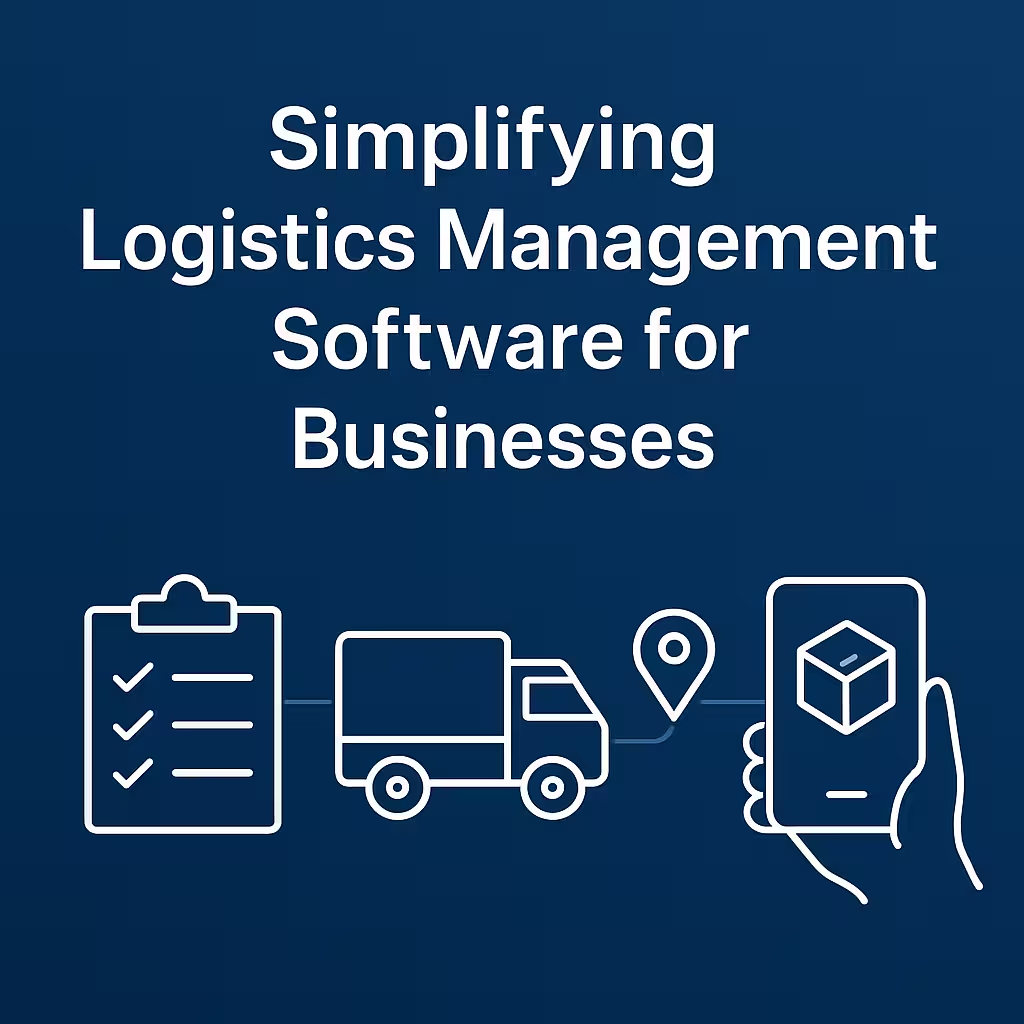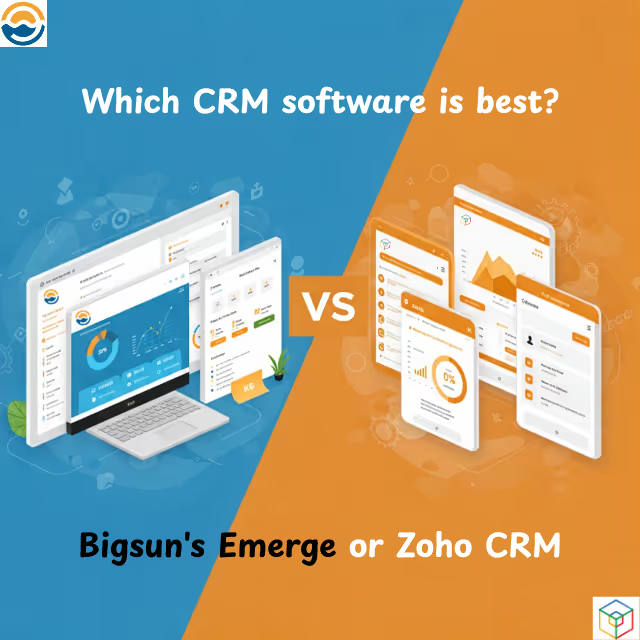Logistics is the heart of any business that deals with moving goods. Whether it’s a local delivery service or a global supply chain, keeping things moving smoothly is critical. But logistics isn’t simple... it involves tracking shipments, managing inventory, scheduling deliveries, handling paperwork, and staying in touch with drivers and partners.
That’s where logistics management software steps in. It turns what could be a messy, error-prone process into a streamlined operation. Still, for many businesses, the idea of using such software feels overwhelming. But it doesn’t have to be.
What Is Logistics Management Software?
Logistics management software helps businesses plan, track, and manage the movement of goods from one place to another. It includes tools for transportation, warehousing, inventory control, order fulfillment, and real-time tracking.
Whether you run a small distribution business or a large manufacturing company, the right software can save you time, reduce costs, and improve customer satisfaction.
Common Problems Businesses Face Without It
- Orders get delayed or lost due to poor tracking
- Inventory numbers are often wrong
- Communication gaps between departments and partners
- High shipping costs from inefficient routes
- Too much manual paperwork and data entry
These challenges not only slow things down but can also hurt your brand reputation. Customers today expect fast, accurate, and transparent service.
How a Logistics Software Development Company Can Help
Every business is different. That’s why off-the-shelf logistics tools don’t always fit. A good logistics software development company builds custom solutions based on your specific needs. Here's how they can simplify things:
1. Centralized Dashboard
Instead of juggling multiple spreadsheets or apps, a custom-built platform can give you one clear view of all logistics operations… orders, routes, deliveries, and inventory.
2. Real-Time Tracking
Know where every shipment is, anytime. GPS integration and live updates help reduce delays and boost customer confidence.
3. Automated Reports and Alerts
Get notified when inventory runs low, when orders are delayed, or when a route needs adjusting. Automated reporting removes guesswork and keeps your team informed.
4. Smart Route Planning
With the help of AI and traffic data, the software can find the most efficient delivery routes. This saves fuel, time, and money.
5. Seamless Integrations
Custom software can connect with your existing systems, whether it’s your ERP, CRM, or accounting software… making the entire workflow smoother.
Why Custom Beats Generic
While generic software might cover the basics, custom logistics solutions offer a competitive edge. You get exactly what your business needs, without unnecessary features or confusing layouts.
A reliable logistics software development company will take time to understand your workflow, pain points, and goals before building the solution. This tailored approach results in higher adoption among staff and better overall performance.
Future-Proofing Your Business
As your company grows, so do your logistics needs. A flexible system can adapt to new warehouses, regions, delivery models, and product lines. You won’t need to switch platforms every time something changes.
Final Thoughts
Logistics doesn't have to be complicated. With the right software, you can turn chaos into clarity. Partnering with a skilled logistics software development company ensures you get a tool that fits your business like a glove.
The result? Fewer delays, better tracking, happier customers, and a team that can finally breathe easier.



